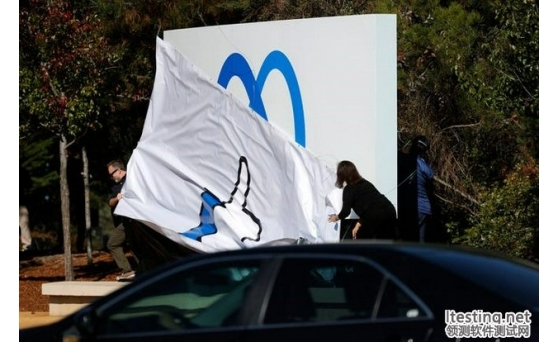base64编码解码的实现(C语言)
/****************************************************************
This is a sample routine of base64 algorithm.The goal is to
illustrate principles,so some details may be ignored.
Author email:zhangwu2003@163.com
*****************************************************************/
#include <stdio.h>
#include <string.h>
#include <malloc.h>
char* ch64="ABCDEFGHIJKLMNOPQRSTUVWXYZabcdefghijklmnopqrstuvwxyz0123456789+/";
unsigned char *encode(unsigned char *src,int srclen)
{
int n,buflen,i,j;
int pading=0;
unsigned char *buf;
static unsigned char *dst;
buf=src;
buflen=n=srclen;
if(n%3!=0) /* pad with ´=´ by using a temp buffer */
{
pading=1;
buflen=n+3-n%3;
buf=malloc(buflen+1);
memset(buf,0,buflen+1);
memcpy(buf,src,n);
for(i=0;i<3-n%3;i++)
buf[n+i]=´=´;
}
dst=malloc(buflen*4/3+1);
memset(dst,0,buflen*4/3+1);
for(i=0,j=0;i<buflen;i+=3,j+=4)
{
dst[j]=(buf[i]&0xFC)>>2;
dst[j+1]=((buf[i]&0x03)<<4) + ((buf[i+1]&0xF0)>>4);
dst[j+2]=((buf[i+1]&0x0F)<<2) + ((buf[i+2]&0xC0)>>6);
dst[j+3]=buf[i+2]&0x3F;
}
for(i=0;i<buflen*4/3;i++) /* map 6 bit value to base64 ASCII character */
dst[i]=ch64[dst[i]];
if(pading)
free(buf);
return dst;
}
unsigned char *decode(unsigned char *src)
{
int n,i,j;
unsigned char *p;
static unsigned char *dst;
n=strlen(src);
for(i=0;i<n;i++) /* map base64 ASCII character to 6 bit value */
{
p=strchr(ch64,src[i]);
if(!p)
break;
src[i]=p-ch64;
}
dst=malloc(n*3/4+1);
memset(dst,0,n*3/4+1);
for(i=0,j=0;i<n;i+=4,j+=3)
{
dst[j]=(src[i]<<2) + ((src[i+1]&0x30)>>4);
dst[j+1]=((src[i+1]&0x0F)<<4) + ((src[i+2]&0x3C)>>2);
dst[j+2]=((src[i+2]&0x03)<<6) + src[i+3];
}
return dst;
}
void main()
{
// char *src="zhangwu张武";
char src[]={´1´,´2´,´3´,0,´a´,´b´,´*´,0,´A´,´B´,´$´};
unsigned char *dst1;
unsigned char *dst2;
unsigned int i;
dst1=encode(src,11); /* the second parameter must aclearcase/" target="_blank" >ccord with the first one */
printf("%s\n",dst1);
dst2=decode(dst1);
for(i=0;i<_msize(dst2);i++)
printf("%c",dst2[i]);
free(dst1);
free(dst2);
}





